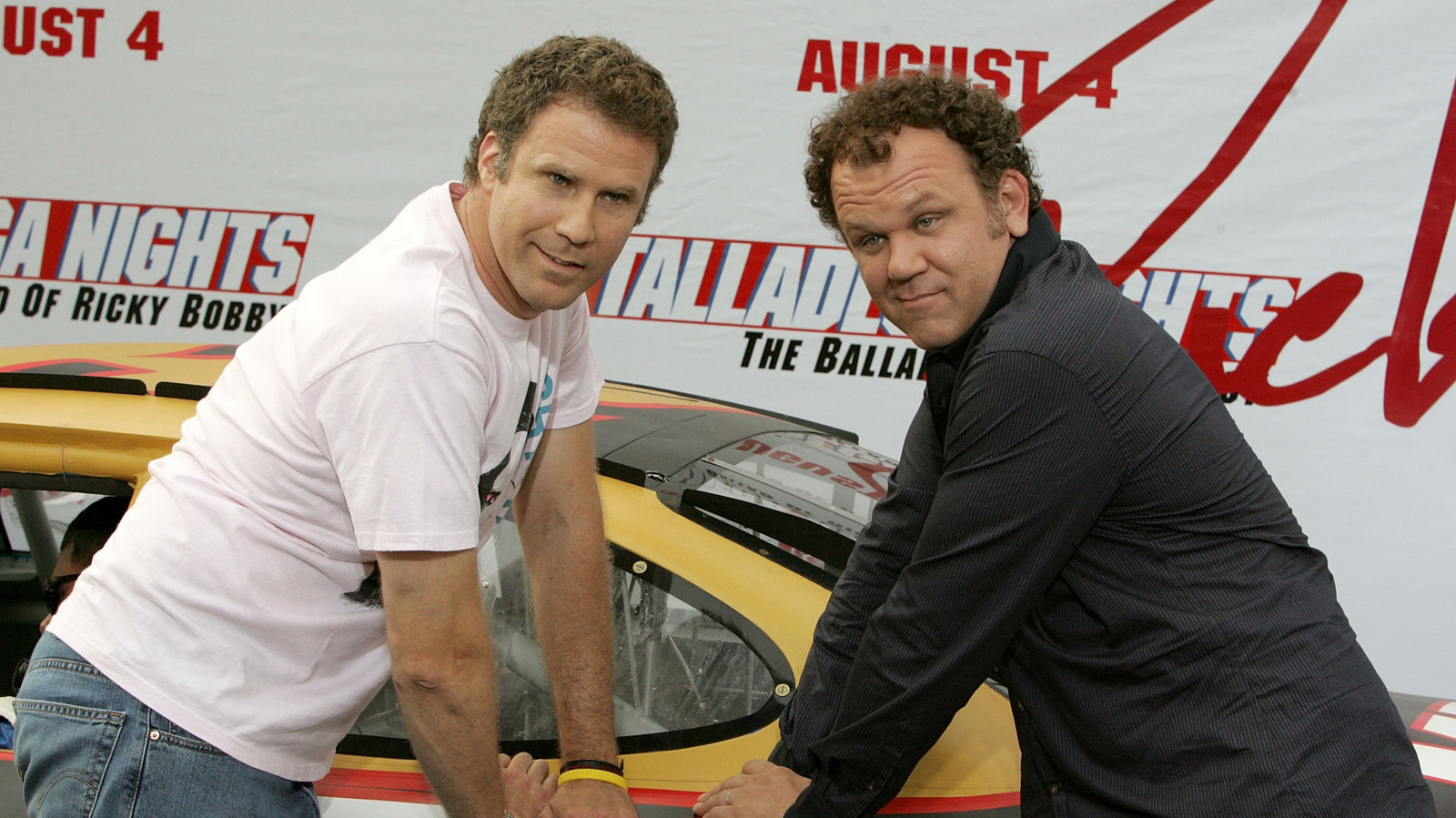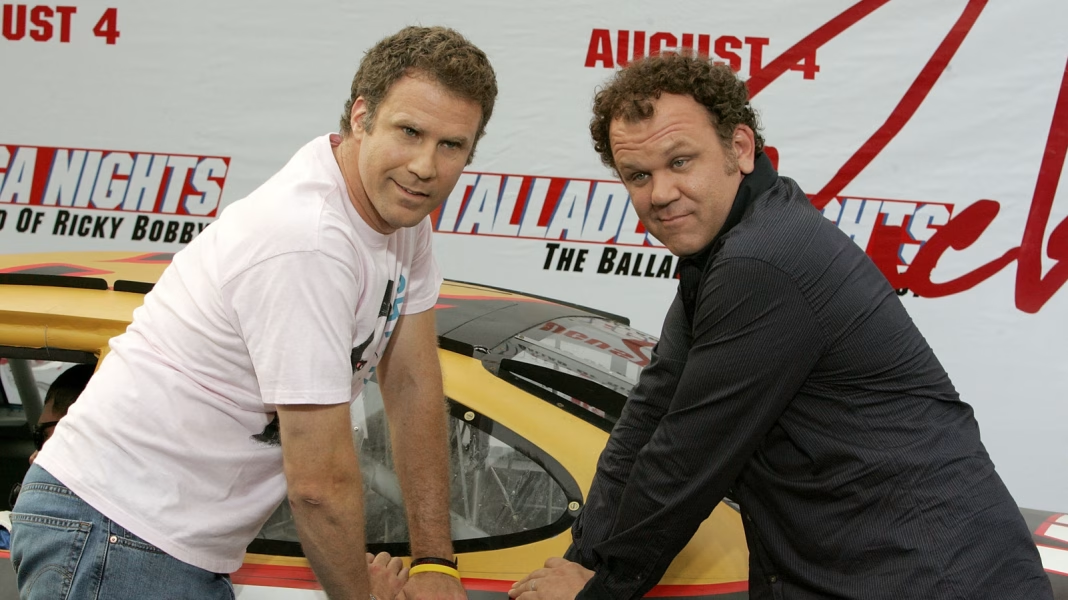Why Do NASCAR Drivers Get Tired of Talladega Nights References?
If you’ve ever met a NASCAR driver—or even just followed their social media—you’ve probably noticed a pattern. Fans love to quote Talladega Nights at them. Over and over. At first, it’s funny. But imagine hearing the same movie lines a hundred times a day, every race weekend, for years on end. It’s not hard to see why the novelty wears off fast.
Drivers like Kyle Larson have spoken up about it, sometimes with a laugh, sometimes with a sigh. The movie’s catchphrases—Shake and Bake, Ricky Bobby’s wild antics—have become a kind of shorthand for NASCAR in pop culture. But for the people who live and breathe the sport, it can feel like their entire career is being reduced to a punchline. It’s a little like being a chef and having every customer ask if you can “make it like Gordon Ramsay.” Fun at first, exhausting after the thousandth time.
Did Talladega Nights Really Change How People See NASCAR?
Talladega Nights didn’t invent NASCAR jokes, but it sure gave them a turbo boost. Before the movie, NASCAR already had its share of stereotypes—fast cars, Southern roots, wild fans. But when Will Ferrell’s film hit theaters in 2006, it locked in certain images: over-the-top personalities, ridiculous sponsor plugs, and a sense that the whole sport was just one big, goofy party.
The numbers back this up. According to a 2017 Harris Poll, nearly 40% of Americans who recognized NASCAR cited Talladega Nights as their main pop culture reference for the sport. That’s huge. It means for a big chunk of the public, the movie isn’t just a comedy—it’s the lens through which they see every driver, every race.
How Do Drivers Really Feel About the Movie’s Legacy?
It’s complicated. Some drivers embrace the attention. They’ll quote the movie right back at fans, play along, and even dress up as Ricky Bobby for Halloween. Others, like Larson, feel it’s made their jobs harder. They want to be seen as athletes, not punchlines.
There’s also the issue of respect. NASCAR drivers train like Olympians. They handle cars at 200 mph, make split-second decisions, and risk their lives every time they hit the track. When the public only sees the sport through the lens of a comedy, it can feel like all that hard work is being ignored.
But there’s another side to this coin. The movie brought new eyes to NASCAR. Ticket sales spiked in the years after its release, and younger fans started showing up at races. For better or worse, Talladega Nights made NASCAR part of the mainstream conversation.
Are NASCAR Jokes Really That New?
Not at all. NASCAR has always been a target for jokes—long before Ricky Bobby ever strapped in. From late-night talk shows to sitcoms, the sport’s quirks have been fair game. What Talladega Nights did was amplify those jokes and give them a script everyone could quote.
Think of it this way: before the movie, NASCAR humor was like an inside joke among fans. After the movie, it became a national meme. Suddenly, everyone had an opinion—even if they’d never watched a single lap.
What Can Fans Do to Show Real Support?
If you’re a fan, there’s nothing wrong with loving Talladega Nights. But if you want to connect with drivers or show respect for the sport, try mixing it up. Ask about a recent race. Compliment a driver’s skill. Share a memory from the track. You’ll stand out—and you might just get a genuine conversation instead of a forced laugh.
It’s also worth remembering that NASCAR is evolving. The sport is investing in new technology, safety, and diversity. Today’s drivers are as likely to have engineering degrees as they are to quote movie lines. Recognizing that complexity is a great way to show you’re more than just a casual fan.
The big takeaway? NASCAR’s image isn’t about perfection—it’s about smarter adjustments. Start with one change this week, and you’ll likely spot the difference by month’s end.


